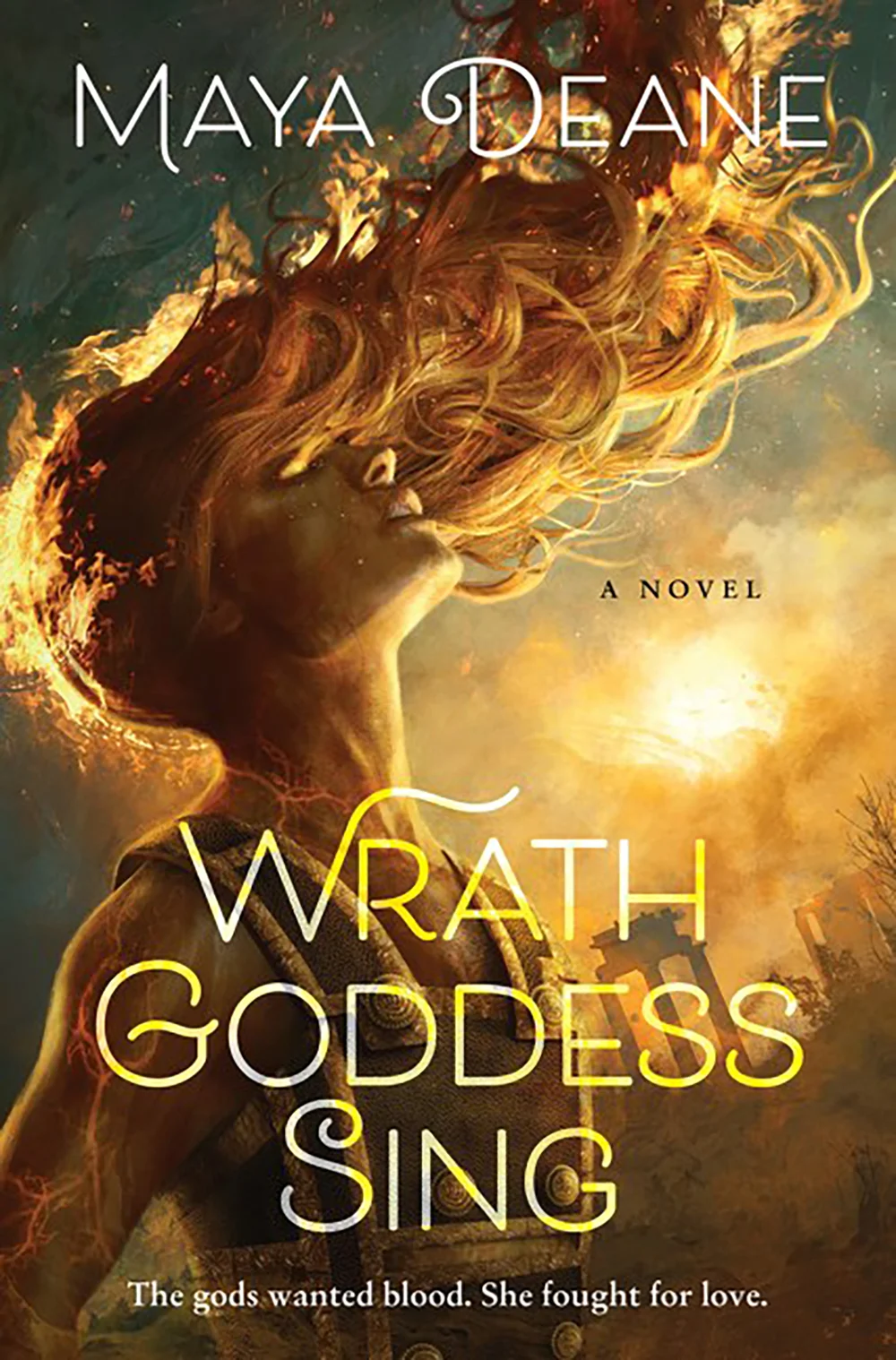An Intriguing Reinvention of an Ancient Legend
‘Wrath Goddess Sing’ by Maya Deane offers a compelling and mythic retelling of the story of Achilles. This novel stands out by portraying a trans, female Achilles, diverging from the traditional male hero known in classic literature. The story begins on the island of Skyros, where trans women, including Achilles, find sanctuary from those who wish them harm.

The Threat of War and Divine Intervention
At the start of ‘Wrath Goddess Sing,’ we find Achilles living a peaceful life with her lover and an accepting community. This tranquility is disrupted when Odysseus and Diomedes arrive, seeking the warrior known as the ‘prince’ and ‘son’ of the goddess Athena to aid in reclaiming Helen of Troy. Achilles is faced with a dire choice, preferring death over returning to war as a man. However, Athena intervenes, granting Achilles the opportunity to fight with the body she has always desired. Demonstrating exceptional combat skills, Achilles earns her place as a formidable soldier in Troy.
The Lyrical Prose of Maya Deane
Maya Deane’s writing is both lyrical and evocative, guiding readers through Achilles’ profound internal struggles and external challenges. The prose reflects the intricacies of Achilles’ identity and the oppressive weight of societal expectations. For example, when contemplating the return to war as a man, Achilles muses: ‘It would be worse than death—the death of her self, the inexorable corrosion of her soul, until even her name was forgotten and nothing was left but the shell of a man she never was.’ This poignant passage encapsulates the novel’s deep exploration of identity and bodily autonomy.
A Richly Imagined World
Deane masterfully recreates the ancient Mediterranean landscape, infusing familiar characters with newfound complexity. Her portrayal of the Greek gods is particularly striking, depicting them as vivid and often malicious beings. Athena, for example, is described with ‘eyes so unnaturally large they were too enormous to turn in their sockets—owl’s eyes.’ This captivating description exemplifies Deane’s talent for bringing mythological entities to life.
‘Wrath Goddess Sing’ is not only a mythic reinvention but also a profound exploration of trans identity and the politics of the body. It offers a unique perspective on Achilles’ story, laden with rich imagery and deep emotional resonance. Readers with an understanding of the Iliad will find additional layers of meaning, immersing themselves fully in Deane’s beautifully realized world.
